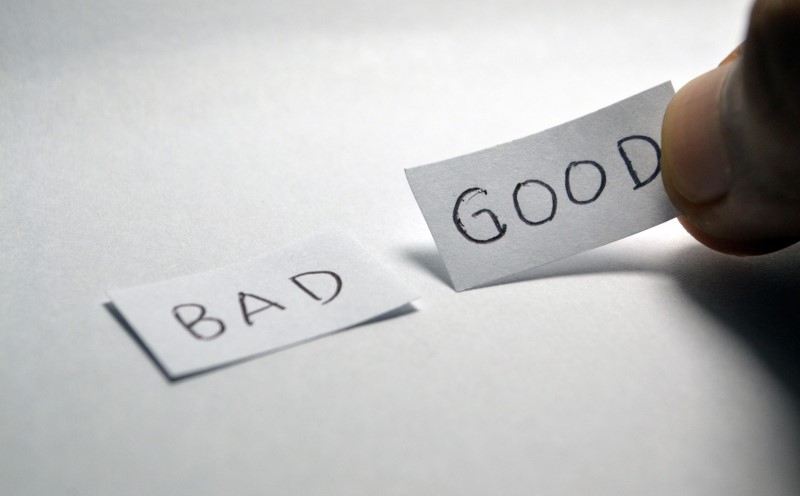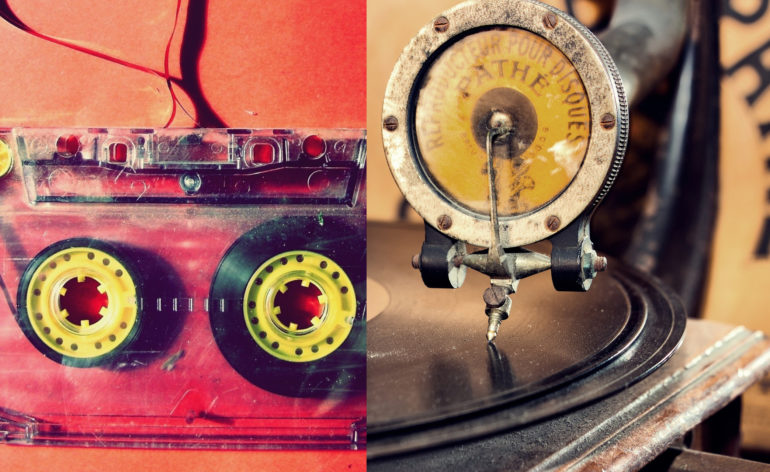Different is Better in Home Theater?
We often get questions about upgrading gear. People that want to get something that sounds better. But often, they’ll start with what they have and say they “prefer” that sound. Well, that’s not keeping a very open mind, is it? But manufacturers know a lot about how to make their products sound different. And they know which “different” tends to be viewed as “better” in home theater. So, let’s talk about these differences so that you can know when something is actually better and when it is not.
Manufacturing Difference
We’ve talked about the psychology of home theater before. There is a lot that affects our perceptions of how good we think something performs. One of the things we do a lot is assume. We assume that something that is more expensive is better. We assume that a bigger speaker must be somehow louder than a smaller one. If the color of the drivers, or the materials from which they are made, are different, then those speakers must sound different.
But none of these assumptions are true. There are small speakers that play very loud, and large speakers that cannot (connected to the same amplifier). The material of the drivers makes no difference in the tone of the sound. That doesn’t stop the assumptions from tainting our perceptions. It is only through experience that we learn to put aside these assumptions and really listen to the speakers. But listening is not enough.
Perceptual Difference
It has been well known in the audio world that something that is louder is generally perceived as better. That is why reviews of speakers (especially in “shoot-out” type articles) are careful to mention that the speakers were all “level-matched.” This means that the speakers were calibrated so that they would create the same sound pressure level (volume) given the same content.
Except when they aren’t.
Home theater speakers can be tuned by manufacturers so that they sound different in hopes that you’ll think they sound better. Some speakers are tuned to have more bass or treble so that they “stand out” when you are listening to them in comparison to other speakers. These speakers may sound different, but that doesn’t mean they are better. They sound unique, but that doesn’t mean they are giving you the most accurate sound reproduction. But it may be a sound that you “prefer.”

Nostalgic Difference
Beyond directly comparing speakers, there are other differences to consider. We may have grown up listening to a particular album, Maybe we’ve listened to it hundreds of times. But that album is long gone, having been worn out or stolen by an Ex. So we pick up a copy on a digital medium.
And it doesn’t sound the same.
There are lots of reasons why this is the case. Some people try to recreate that experience by buying that old gear and recording (looking at you vinyl lovers) in hopes of “hearing” what they remember. Nostalgia has a lot of functions, but one of the reasons we are seeking those experiences is because we find them comforting. Again, the nostalgic sound might be different from the digital audio we have in our home theaters, but that doesn’t make it better. Plus, we probably don’t remember it correctly anyhow.

Different Isn’t Better, Better is Better
When we are comparing speakers, media, or just about anything else in the realm of home theater, we tend to pick different over better. Especially when that “difference” reminds us of something we are nostalgic about. Our sound memory (called echoic memory) is surprisingly short. It is about 2-4 seconds for recently heard sounds. While you can make the argument that you can remember something better if you’ve heard it hundreds of times, it doesn’t hold up when there are decades of time between the listening.
Our memory isn’t perfect. But we often rely on that memory even when it leads to bad decisions. We think we know good sound because we think we’ve heard it before. But what we think we’ve heard and what is actually the most accurate sound, are rarely the same. It is only through careful comparison and listening can we actually determine which is the most accurate (therefore the best) sounding speaker or medium. Yes, the digital track may sound different than what you remember from listening with your father in the garage as a kid. But does it sound better or worse?
An Informed Decision is a Good Decision
In the end, there is something to be said for preference. I may be able to objectively and subjectively get you to agree that one speaker or recording is better than another. But you may still prefer the less accurate option. Is that bad? Of course not. If the nostalgic vinyl “sound” brings you back to better days or reminds you of friends and relatives’ past, who am I to say you are wrong? You do you.
It is when we are shopping for new gear that I start to take umbrage. A medium shouldn’t be picked because it colors the sound, it should be picked because it conveys the artist’s intent. A home theater speaker shouldn’t be picked because it sounds different, it should sound better. That way, when you play your scratchy record through them, you get every pop, crackle, and hiss in all their glory. Just the way you remember.



Very good and thought provoking article Tom.
Nostalgia and such are very powerful for fans of home audio and home theatre.
About a year ago I got gifted back to me a Philips CD-101 CD player, an 1983/84 top loading player that was in storage by a family member for years. It was the very first CD player I had bought as a young adult back in 1984. Hooking it up it still works fine, go figure. It was built like a tank though. It has the Philips TDA-1541 DAC chips and it still sound fabulous. It reaffirmed my finally moving out of audiophile la la land into reality land that properly operating CD players sound more alike than different. Does my CD-101 sound the same as my Oppo BDP-83 universal player? No, but the difference in sound is marginal. It’s using a foodie term is like a bit of more salt and pepper is all, but the meal tastes similar and yes, so too sound wise do most CD players. Again I’m not saying they all sound the same but that the differences really can only be heard in direct A vs B comparisons IMO!
As too vinyl. I left it in 1987 only to fall back into it BIG TIME, LOTS OF $$$$ BIG TIME in 2003. But by 2020 I finally moved beyond it all and the hassles and futzing around with vinyl. It was fun, nostalgic and buying used LP’s very affordable but that buying of gear and replacing turntable and cartridges over and over was stupid expensive. I JUST FINALLY GREW TIRED OF IT ALL!. A properly mastered CD is the better playback medium and 2-3 years ago I’d be silly enough to have argued against this point made.
When one gets past the nostalgia and the hype of vinyl playback, and yes hype and nostalgia can be fun, one will likely come to accept that for music the CD was the greatest invention in recorded music history.
Thanks for sharing! I think your story is pretty common. In the end, the audio hobby is supposed to be fun! And like you said, nostalgia can be fun. To a certain extent, the educational value of listening to all these mediums is also helpful.